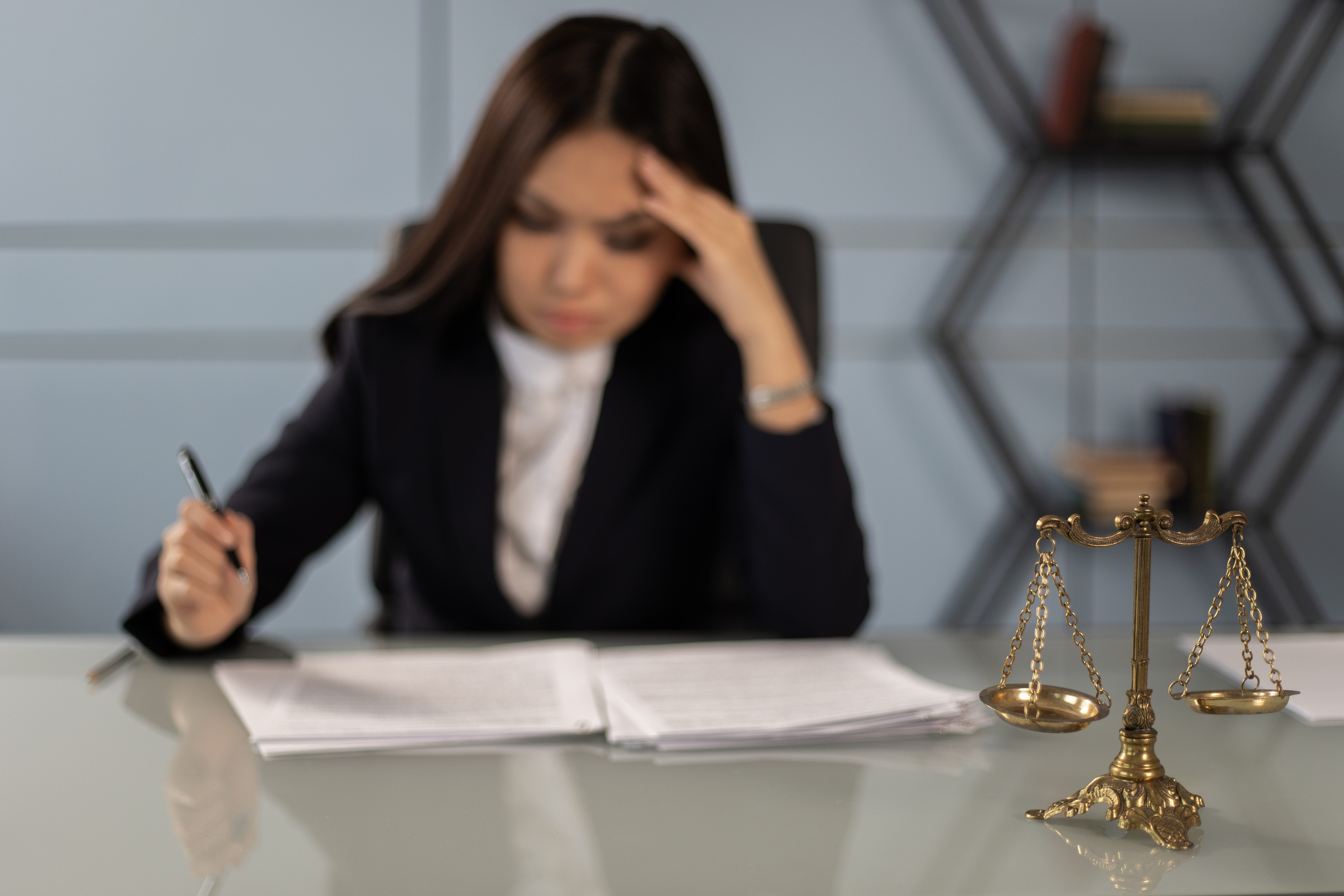
Burnout is an official diagnosis, but many people may not take it seriously. You might think, “I’m just tired. I’ll get over it after a short break or a vacation. It could also simply pass on its own.” But it’s not so simple. It’s essential to be aware of the effect of burnout on mental and physical health if we do not deal with it. Below are some of the severe impacts that burnout may have on your health:
- High levels of stress hormones. Stress hormones are crucial in helping us detect danger. They motivate us to take action to solve problems. When danger passes or a problem is resolved, the body goes back to normal. However, constant high levels of stress hormones are not healthy and their continuous release puts the body in a state of perpetually dealing with a threat. In other words, your heart is pumping faster, blood pressure is higher, blood sugar levels are increased, and the use of energy is higher than usual. The hormone called cortisol will take care to do what’s most useful in a fight-or-flight mode, so it will affect your digestive system, reproductive system, and immunity.
- Physical ailments. Since burnout puts the body on the fight-or-flight mode, it can cause changes in sleeping patterns, eating habits, weight loss or weight gain, digestion problems, headaches, heart palpitations, and high blood pressure.
- Problems in social interaction. Burnout may also provoke problems in interactions within the family, with your loved ones, or co-workers. When you have to deal with difficult feelings like apathy, lack of motivation, anxiety, depression, low self-esteem, confusion, helplessness, and hopelessness, it might be difficult to maintain good communication with the people around you.
Those are just some of the issues you can expect if you don’t find ways to deal with emotional exhaustion. Further, it may lead to more severe health issues and conditions, so one may develop depression or general anxiety disorder, heart disease, and other severe health problems that require serious treatment. Burnout is a state that requires a serious approach and decisive action.
How to recognize burnout: symptoms and stages
If your doctor says everything’s all right with your physical health and has also ruled out depression, but you still feel exhausted all the time, and everything feels like a chore, you are probably in a state of burnout.
Burnout is manifested by many symptoms—physical, mental, and emotional. However, here are the main ones, categorized to make them easier to understand and recognize:
Physical Symptoms of Burnout
- Changes in sleeping patterns, sleeping problems, or insomnia
- Chronic lack of energy
- Frequent headaches
- Frequent colds and flus, weak immune system
Affective Symptoms of Burnout
- Lack of motivation
- Feeling anxious or depressed
- The feeling of failure, low self-esteem
- Feeling emotionally numb
- Absence of feeling joy, even while doing once enjoyable things
- Irritability
- Feelings of loneliness and detachment from the world
- Negative outlook and approach, pessimistic mood
- Lack of satisfaction
Behavioral Symptoms of Burnout
- Excessive use of food, alcohol, or drugs to cope
- Often snapping at people, demonstrating frustration to others
- Leaving tasks incomplete or avoiding work
- Procrastination or delaying things
- Isolating yourself from others at home or in the workplace
- Withdrawing yourself from responsibilities
If you recognize yourself among these symptoms, you are most likely going through burnout. It’s essential to be aware of how you feel, be honest with yourself, and take your emotions and physical sensations seriously. They exist to guide you and to warn you if something’s wrong. Whether physically or emotionally, you need to do something about it if you don’t feel well.
Burnout doesn’t happen overnight. It’s a gradual process and develops through stages. If you know about them, you’ll be able to recognize even early symptoms and signs that you are tending towards a state of emotional exhaustion. This way, you’ll be able to stop the process, reverse it, and avoid damage.
How to prevent it
To prevent burnout, it is essential to use all the channels possible to feel balanced. In short, you need to work on your inner peace, rest enough, take care of your diet and exercise, delegate specific responsibilities, preserve your relationships, express yourself creatively, and stay connected to your emotions.
Take care of your mental health. Don’t allow yourself to neglect your mental hygiene ever again. It’s something that requires action daily. It doesn’t have to take much time—10 minutes a day is enough for meditating or journaling. Small steps will keep you in good mental shape.
Get enough rest. Sleep should not be a cure for being emotionally drained. It is a basic human need. Let a healing eight-hour sleep become the norm, not an emergency aid for combating severe exhaustion. It’s also not enough to have two weeks of vacation once a year. Everybody needs daily, weekly, and annual rest to recharge, far from stressors. To prevent yourself from burning out again, make quality night sleep a priority, with no excuses.
Treat yourself with love. You can’t sip from an empty cup. In other words, you have to take care of yourself first to function and help others. Taking care of yourself is not selfish; it’s a necessity. Be gentle. Afford yourself enough rest, a nourishing diet, enough rhythmic movement, plenty of water, and deep breathing. Treat yourself with massages and spa visits, relaxation, taking a nap, eating a fruit salad, whatever makes you feel pampered and cared for.
Delegate. You don’t have to and should not do everything on your own. Instead, share obligations and tasks with your family and colleagues instead of pushing yourself to the edge of exhaustion.
Socialize. Connections and relationships with our friends and family determine our level of happiness. We are also more likely to fall into burnout if we feel lonely. Reach out to people, make connections, and cultivate them to build your support network. Positive interactions will significantly enrich your life and prevent future emotional exhaustion.
Find your creative outlet. Creativity lowers stress levels and increases feelings of joy. It also strengthens connections with your emotions. No matter what type of creative activity you choose, it will keep you engaged and motivated. For example, revive an old hobby or find a new way of expressing yourself. It might be through colors, sound, movement, whatever makes you feel amused and entertained, allowing you to express your creative side.
Follow your heart and develop a positive mindset. Becoming resilient to stress is the best protection and prevention against emotional exhaustion. Start working towards adopting a positive mindset. Each day notice all of the good things you can be appreciative of. Practice the attitude of gratitude and take care of your mental hygiene daily. Do your best to feel good as often as possible, but allow yourself to experience and accept all of your emotions. Don’t underestimate their importance. Trust them since your feelings are your best navigation system through life.
Anyone can experience burnout, but people with demanding jobs or certain life situations like lawyers are at high risk. It is not an official mental health condition, but if not confronted, it might affect a person’s health in more brutal ways and provoke permanent damage. It’s essential to take it seriously and cope with this condition efficiently, proper way.








